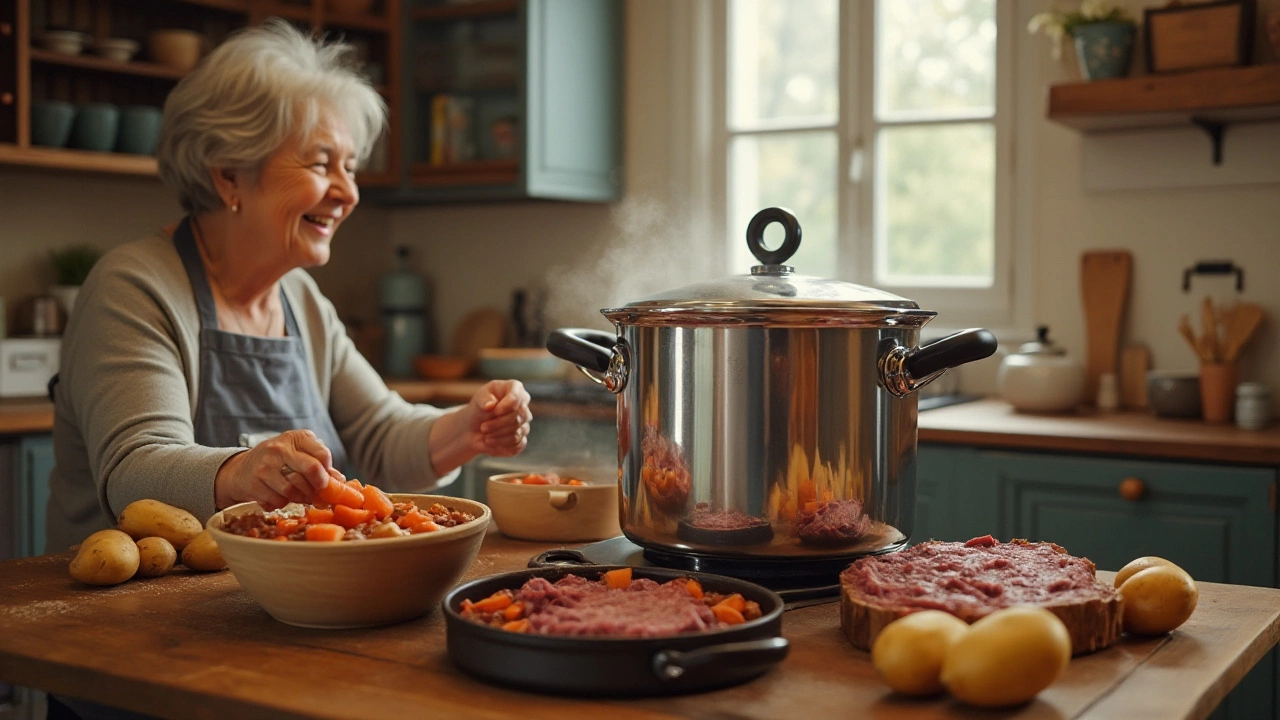Kitchen Appliance Care: Simple Steps to Extend the Life of Your Oven, Hob, Dishwasher and More
Ever wonder why your oven starts heating unevenly or your hob clicks on and off? Most of the time it’s not a huge problem – it’s just a lack of regular care. A few easy habits can stop small issues from turning into costly repairs. Below you’ll find clear, no‑fluff advice you can start using today to keep every major kitchen appliance humming.
Everyday Habits That Make a Big Difference
First thing’s first: wipe down surfaces after each use. A damp cloth removes food splatter that can scorch and stick, especially on electric hobs and oven walls. For dishwashers, run a short hot cycle with a cup of white vinegar once a month – the acid clears mineral build‑up and keeps the spray arms moving freely. And don’t forget the filters: most dishwashers and range hoods have removable screens. Pull them out, rinse them under running water, and you’ll avoid clogs that cause poor performance.
Next, check the seals. The rubber gasket around your oven door should be smooth and free of cracks. A damaged seal lets heat escape, making the oven work harder and raising your energy bill. Same rule applies to fridge doors and even the door on a built‑in microwave. If you spot any tears, replace the seal before the problem gets worse.
Spot the Warning Signs Early
Knowing the red flags can save you a weekend in a repair shop. If your hob takes longer to heat up or you hear a buzzing sound, the heating element may be wearing out – a quick swap is cheaper than a full‑blown replacement later. For ovens, uneven baking or a constant “pre‑heat” beep usually means the thermostat is off‑kilter. In dishwashers, dishes that come out still wet often point to a blocked spray arm or a failed pump.
Hot water heaters and boilers also belong in the kitchen care conversation. A sudden drop in hot water temperature or a repeated reset button press signals a failing heating element or a stuck thermostat. When you notice these signs, schedule a professional check before a burst pipe or a complete system shutdown.
Finally, keep the user manual handy. It’s more than a paperweight; it tells you the exact cleaning agents safe for each surface, the recommended service intervals, and part numbers if you need a DIY replacement. Skipping the manual often leads to using harsh chemicals that damage interiors.
By adding these quick checks to your weekly routine, you’ll keep your appliances efficient, safe, and long‑lasting. And if a problem does creep up, you’ll have the right info to decide whether a simple fix will do or if it’s time to call a professional like Wells Appliance Repairs.
Bottom line: regular cleaning, seal checks, and early symptom spotting are the three pillars of kitchen appliance care. Stick to them, and you’ll enjoy reliable cooking gear without surprise repair bills.
Understanding Pressure Cooker Lifespan and Maintenance Tips
0 Comments
Pressure cookers, a staple in many kitchens, play an invaluable role in creating quick and delicious meals. But just like any other kitchen appliance, they're not immune to wear and tear. Discover how long these cookers typically last, how to extend their lifespan with simple maintenance, and what factors can impact their durability. Gain insight into when it may be time to replace your cooker and the essential elements to inspect for ensuring safety and efficiency.
Read More